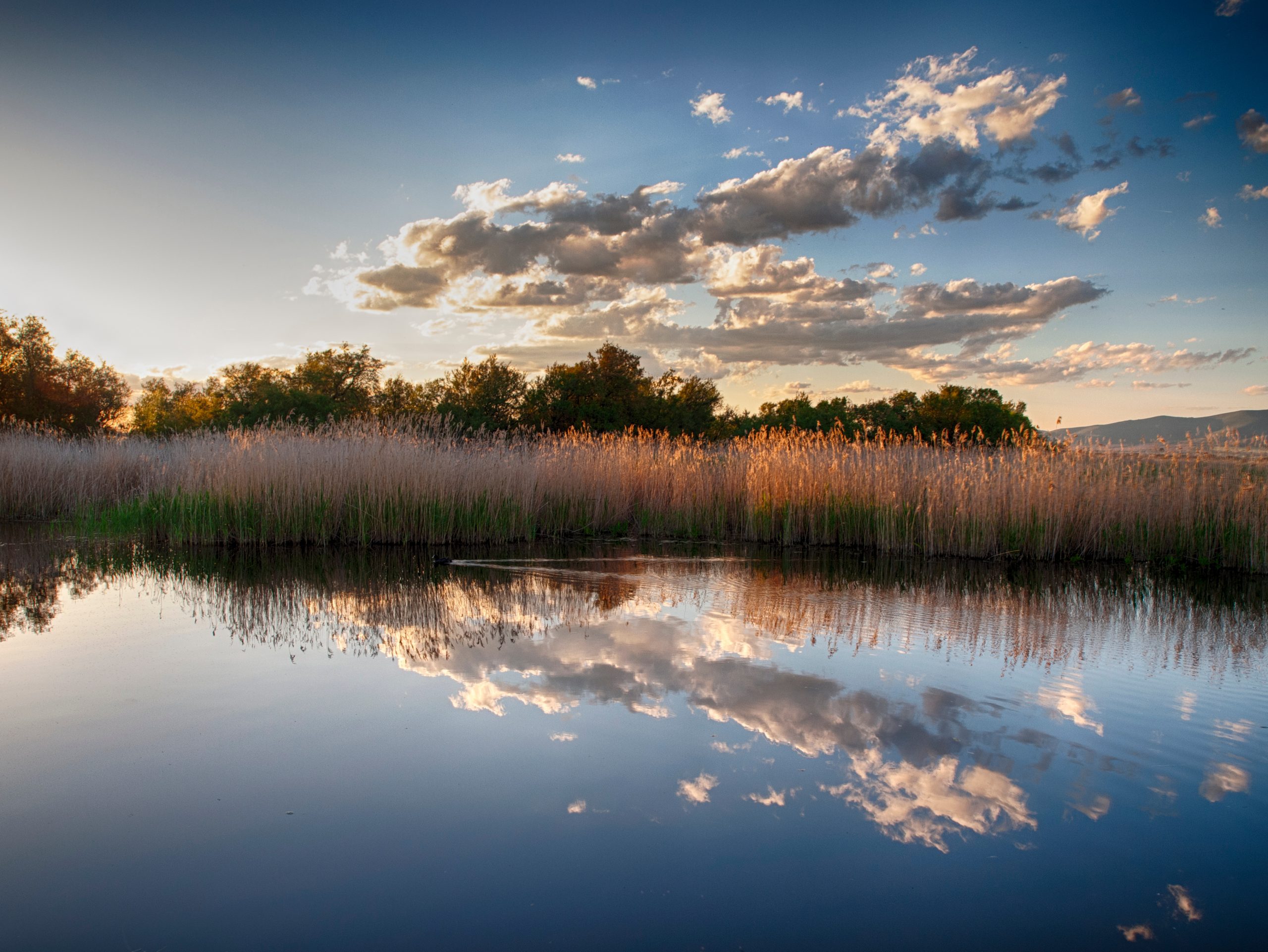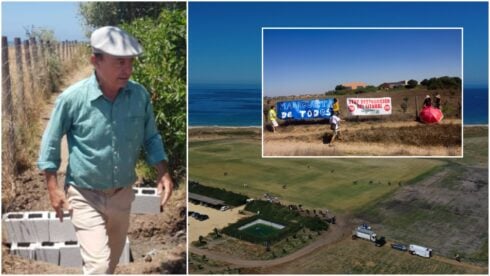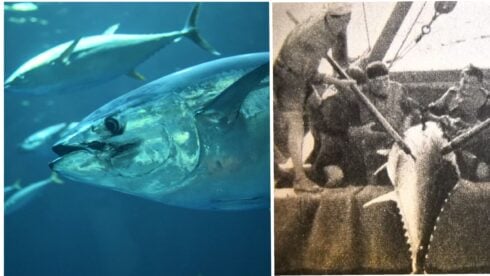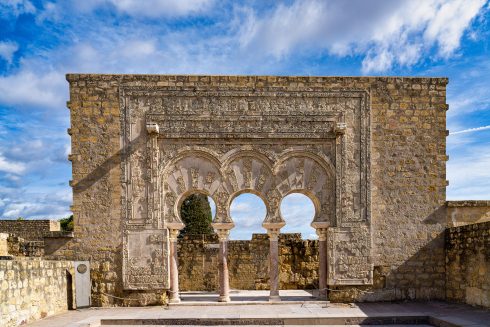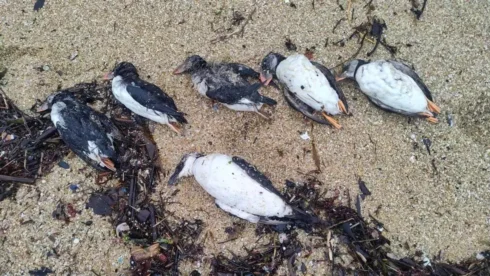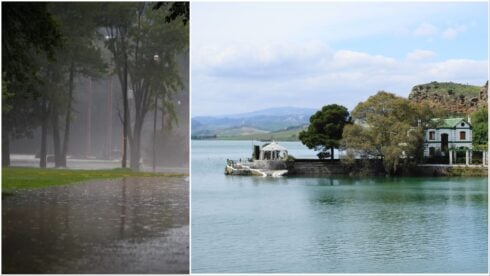THE Tablas de Daimiel, a protected wetlands in Castillo de la Mancha, have been flooded with six cubic hectares of water from the River Tagus in a bid to save biodiversity.
The Director General for Natural Environment and Biodiversity and President of the Joint Management Commission of the Cabañeros and Las Tablas de Daimiel National Parks, Félix Romero, confirmed that the water transfer had successfully left 275 hectares of the wetlands flooded.
The Llanura pipeline supplied the much needed water to the protected area after a significant lack of rainfall.
The Tablas de Daimiel is unique in Europe, being one of the only fluvial table wetlands of its type. They are produced by water overflows from the confluence of the rivers Guadiana and Giguela and the groundwater from a large aquifer. The topography of the land, with its lack of hills and slopes, has allowed a unique ecosystem to form in the waterlogged plains.
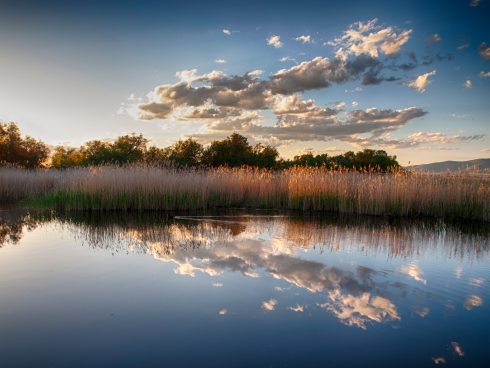
The recent decline in rainfall is not the only challenge facing the wetlands. Agricultural projects set up in Murcia and Almeria in the 1970s, siphoned off water from the river Tagus to irrigate farms in the barren south.
The consequences of the 300km pipeline transferring vast amounts of water from the area surrounding the Tablas to Almeria have been significant.
The Tagus River has experienced a 40% reduction in its water volume, and increased intensive farming in Almeria is now reliant on desalinated water.
For the Tablas de Daimiel, the aridness, resulting from the removal of water from the area, led to peat fires in 2009. The government subsequently rushed to extinguish the peat fires in an emergency project which luckily coincided with some of the heaviest rainfall in the region for half a century.
The devastation caused by the fires led to an EU investigation into how the Spanish authorities had permitted thousands of illegal wells to be dug near the park.
More about the Tablas de Daimiel
The Tablas de Daimiel was declared a National Park in 1973 and a Biosphere Reserve in 1981 and constitutes one of the most ecologically diverse regions in La Mancha.
The wetlands are home to a variety of wildlife. It is home to 250 species of birds including several sedentary species of birds such as the mallard and the marsh harrier, which can be seen all year round. In particular, birds from central and northern Europe migrate to the region during winter months to avoid harsh weather conditions. The wetlands are also a key breeding and nesting ground for a number of aquatic birds including red-crested pochards and purple herons. For birds that migrate further afield, the park provides a crucial resting and feeding point along their journey.
Among the amphibians that inhabit the wetlands are the common frog, Iberian ribbed newt and the spotted toad. Reptiles found in the National Park include the European tortoise, water snakes and in terrestrial areas, the bastard snake. In terms of mammals, the best adapted to the waterlogged environment is the otter, but badgers, foxes, rabbits and wild boars also inhabit the biosphere.
The flora of the Tablas de Daimiel is dependent on several factors such as the seasonality of the water, salinity and soil humidity. One of the most prevalent plants in the National Park is the swamp sawgrass whose population is among the largest in Western Europe.
‘Ovas’ (underwater plants) that cover the bottom of Las Tablas determine the quality of an aquatic ecosystem by oxygenating the water and forming the basis of the food chain. In 2012 spillages from neighbouring wineries caused the population of ‘ovas’ to decline significantly, however the population has since recovered.
The only trees found in the centre of the park are tamarisks due to their adaptation to water and saline conditions. Bulrush plants are repopulating the area after competing with other species such as the reed which invaded the wetlands on a large scale during the dry periods and displaced several species.
READ MORE:
- EXCLUSIVE: ‘Destructive’ electricity pylons will NOT be built in stunning Alpujarra valley in Spain’s Granada thanks to grass roots..
- Leading energy company in Spain is facing court action over electrocuted birds in Barcelona area
Click here to read more Environment News from The Olive Press.

